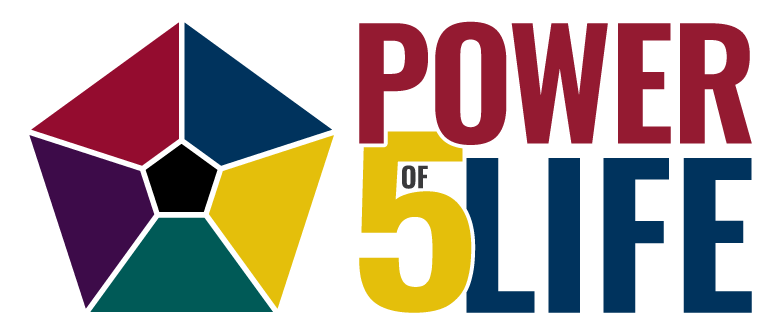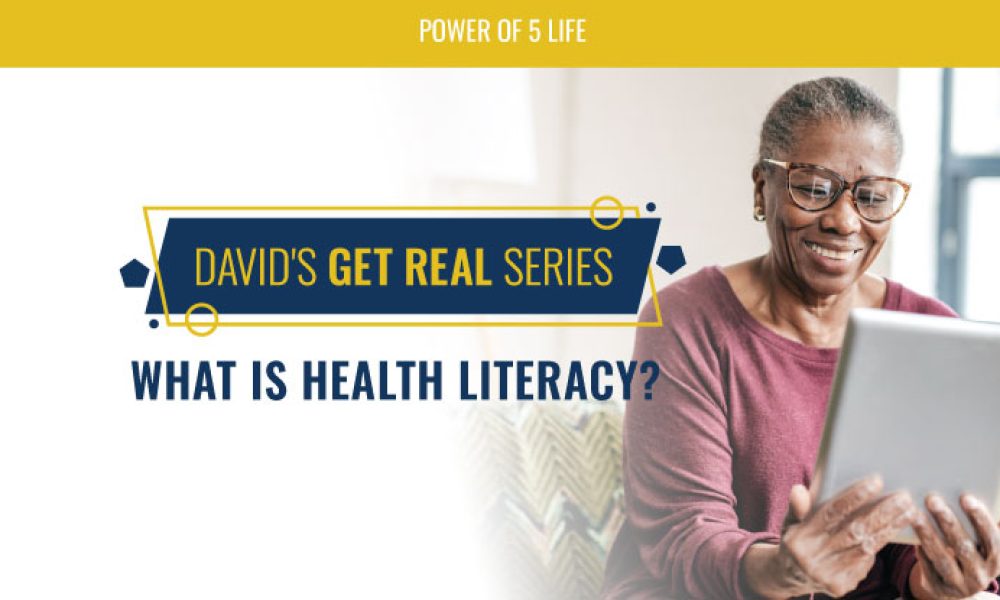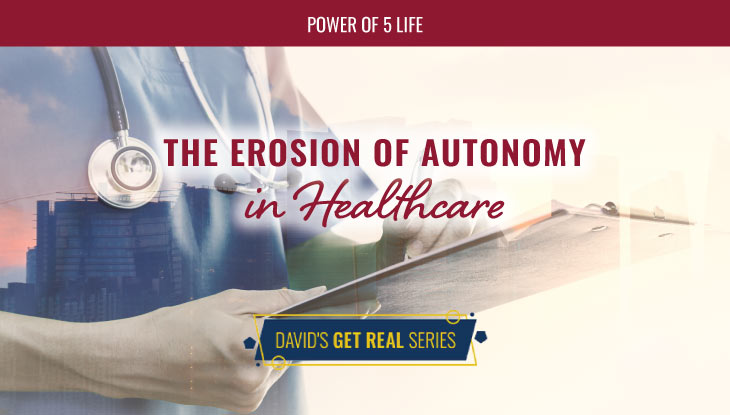Health Literacy Month:
Why It Matters More Than Ever
October is Health Literacy Month, and as a physician with 40 years of experience, I can tell you that health literacy is more important than ever.
Health literacy is the ability to understand and use health information to make informed decisions about your health and well-being.
It includes the ability to:
- Read and understand health information, such as prescription labels, patient instructions, and educational materials
- Communicate with healthcare providers effectively
- Ask questions and get the information you need to make informed decisions about your care
- Navigate the healthcare system
We’re Not Good
Health literacy is important for everyone, but it is especially important for people with chronic diseases, older adults, and people with limited English proficiency. These groups are more likely to have difficulty understanding and using health information, which can lead to poorer health outcomes.
In my final ten years in practice, I clearly saw health literacy’s decline. Physicians and their staff were so bogged down in mundane tasks of documenting information for insurance companies, dealing with prior authorization, unnecessary delays in filling prescriptions, etc., that they lacked the time, energy or compensation to assist with health literacy. As a result, patients turned to the internet for answers. They often received biased, slanted information (frequently provided by corporations and organizations with vested interests).
The state of health of average Americans is not good.
According to the Centers for Disease Control and Prevention, more than half of all adults in the United States have at least one chronic disease, and one in three adults has two or more chronic diseases. Chronic diseases such as heart disease, stroke, cancer, and diabetes are the leading causes of death and disability in the United States. One recent statistic I found alarming is that only 23% of military recruits meet acceptability requirements to join the armed service. The limitation is based on obesity, poor fitness, mental health concerns, or prior incarcerations.
This is just one of many statistics that make me feel that US health literacy is poor and that as a society we have performed poorly to teach and reinforce preventive health measures. It is one of the several reasons that through the Power of 5 Life, Melissa and I are on a crusade to provide up-to-date, easy to digest health information to individuals and through corporate wellness programs.
Chronic Diseases
Health literacy is essential for managing chronic diseases effectively. People with chronic diseases need to understand their condition, their treatment options, and the potential side effects of their medications. They also need to communicate with their healthcare providers about their symptoms and concerns.
Health literacy is also important for preventing chronic diseases. People who are health literate are more likely to make healthy choices, such as eating a healthy diet, exercising regularly, and getting regular checkups. They are also more likely to be vaccinated against preventable diseases.
What to do?
There are several things to do to improve health literacy. Healthcare professionals can use plain language in their communication with patients and families. They can also provide educational materials in multiple languages and formats. Public health agencies can develop and implement health literacy programs for the community.
Individuals can take steps to improve their own health literacy by researching and reading health information from reliable sources, verifying the information, and asking questions of their healthcare providers.
As a practicing physician I found providing up-to-date health information to patients more challenging than it would seem. Considering time limitations, unmotivated patients, lack of easy access within a clinic setting to reading materials, and competition with Dr. Google it was a challenge to select appropriate written material to provide to patients. When I provided information through our electronic medical record, the stack of paper generated for the patients was so voluminous that it was nearly impossible for patients to digest.
Improve Your Health Literacy
Here are some specific tips for improving your health literacy:
- Ask your healthcare professional to explain things in a way that you can understand.
- Don’t be afraid to ask questions.
- Take notes during your appointments so that you can remember what your healthcare provider said.
- Bring a friend or family member with you to your appointments to help you understand and remember the information.
- Ask your healthcare provider for written materials about your condition and treatment options.
- Read health information from reliable sources, such as the Centers for Disease Control and Prevention (CDC) and the National Institutes of Health (NIH).
- Talk to your librarian about health literacy resources that are available in your community.
Health literacy is an essential skill for everyone. By improving your health literacy, you can take control of your health and make informed decisions about your care.
To a long and healthy life,
David Bernstein, MD



